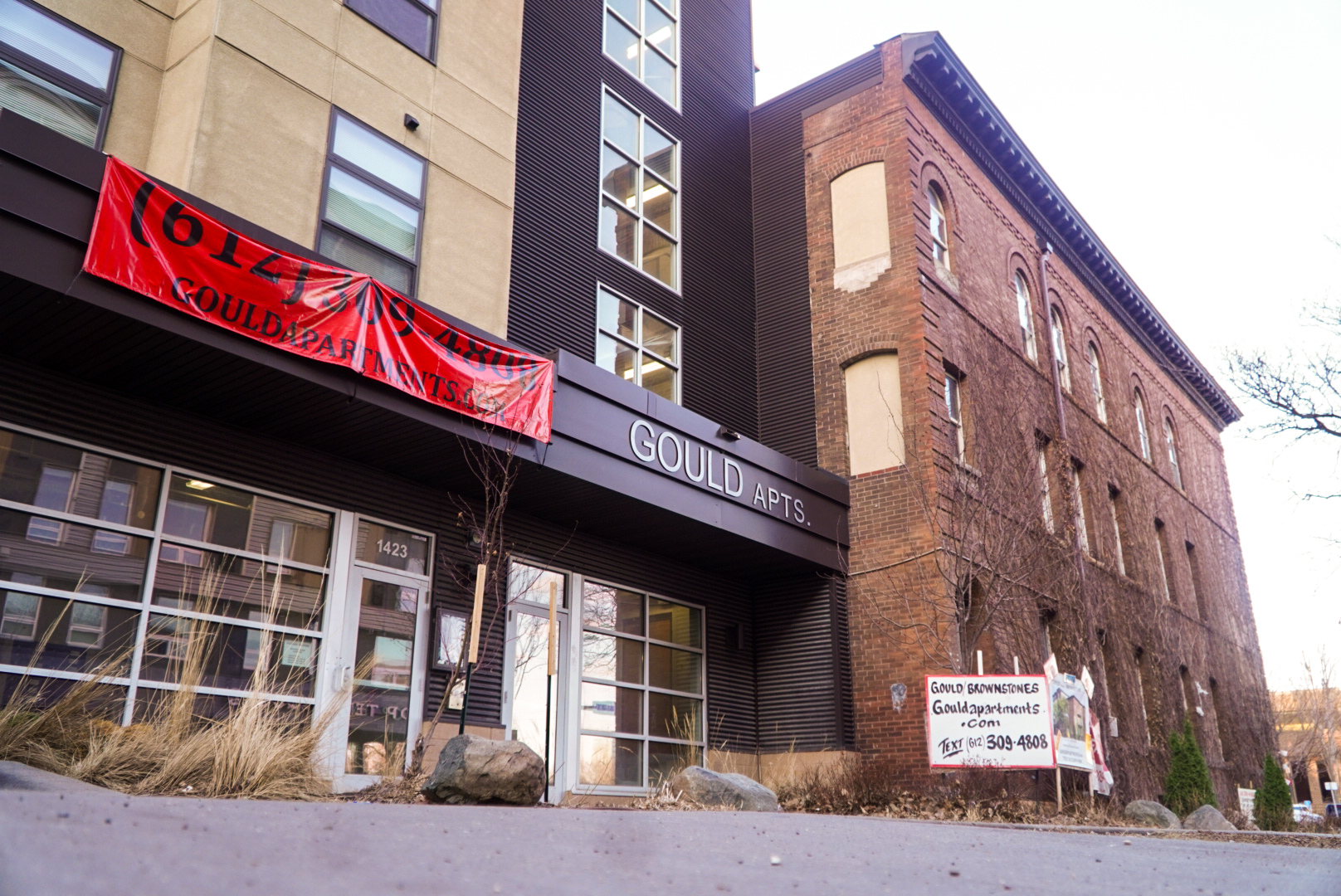The Minneapolis City Council voted to ban rent algorithms in Minneapolis on Thursday, making it the fourth U.S. city to ban them.
Minneapolis City Council members held a press conference Thursday after successfully banning rent algorithms like the ones used at RealPage.
Rent algorithms are algorithms using different landlord pricing information like the characteristics of the building and tenants’ personal information to make the rent rates for the apartment or complex, according to Urban and Regional Planning professor Edward Goetz.
Twin Cities renters pay an average of $312 more because of these algorithms, according to a White House study.
The main user of rent algorithms is RealPage, an American property management software company that helps landlords and property owners.
The U.S. Department of Justice sued RealPage and five other landlord companies for unlawfully using rental algorithms and sharing sensitive information about rental prices to keep rent prices high.
At the press conference, Council Member Robin Wonsley (Ward 2) said banning rental algorithms at the city level would keep the city affordable.
“We can prevent some of our most contagious, destructive practices that landlords like Raystar use, that essentially create housing instability for so many of our residents,” Wonsley said. “Rent algorithm software and have no place in a city that champions having an equitable and affordable housing market, especially for our renters.”
City Council Member Jeremiah Ellison (Ward 5) said the rental ban is to make sure that consumers and renters feel protected from unfair landlord practices.
“I think that landlords should be figuring out what they need in terms of rent from their renters in order to provide dignified, adequate service. That’s what should be happening,” Ellison said in the press conference. “They shouldn’t be using high-tech collusion to gut every single dime they can after out of a renter, which is what these algorithms calculate.”
Siya Shelar, the director of local affairs for the University of Minnesota undergraduate student government, said University students face a unique challenge with rental algorithms.
“The biggest impact is that we are geographically limited,” Shelar said. “We have to live in these certain areas. And when even one apartment complex near the U uses rent algorithms, every other apartment complex is going to be like, ‘Cool, we’re going to use it too,’ and it inflates the market excessively.”
About 75% of University of Minnesota students live off campus, according to data from U.S. News. Shelar said the ordinance will ensure that student voices are heard.
“Let’s be real, especially for students, our voices are not heard. It’s often like you’re (a) temporary resident of the city of Minneapolis. But like, even if I graduate, these policies will apply and stay here,” Shelar said.
Wonsley said anyone who thinks their landlord is using rent algorithms to increase rent prices should call 311 and ask for assistance.
Ellison said he believes that the issue of rent algorithms will not stop just at Minneapolis.
“We’re seeing Providence, Rhode Island, Oregon, Berkeley, California, all hearing testimony this week to pass ordinances just like this one. It’s not something that Minneapolis did first. It’s not something that we’re doing alone,” Ellison said. “And it is going to be something that I believe, at least with time, we’re going to start happening statewide across the country because people deserve to have to participate in a fair marketplace.”















